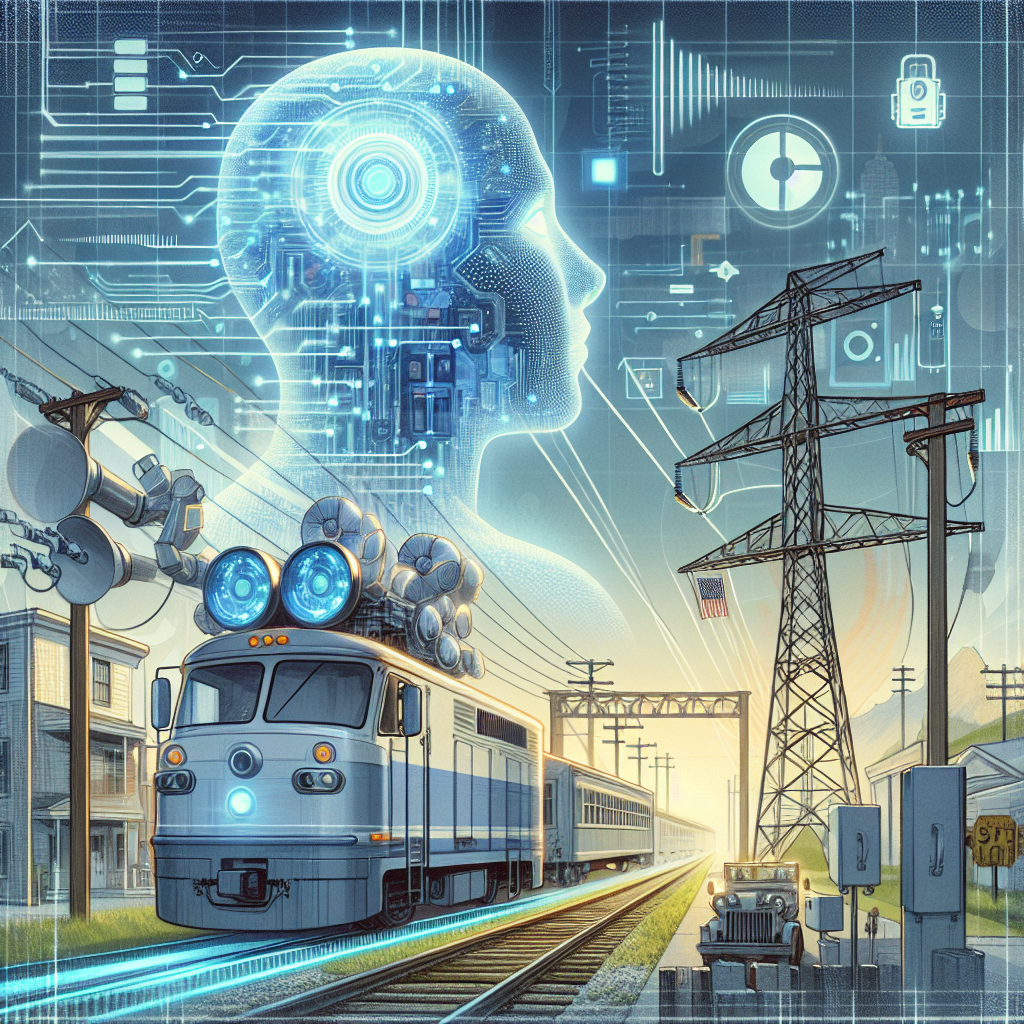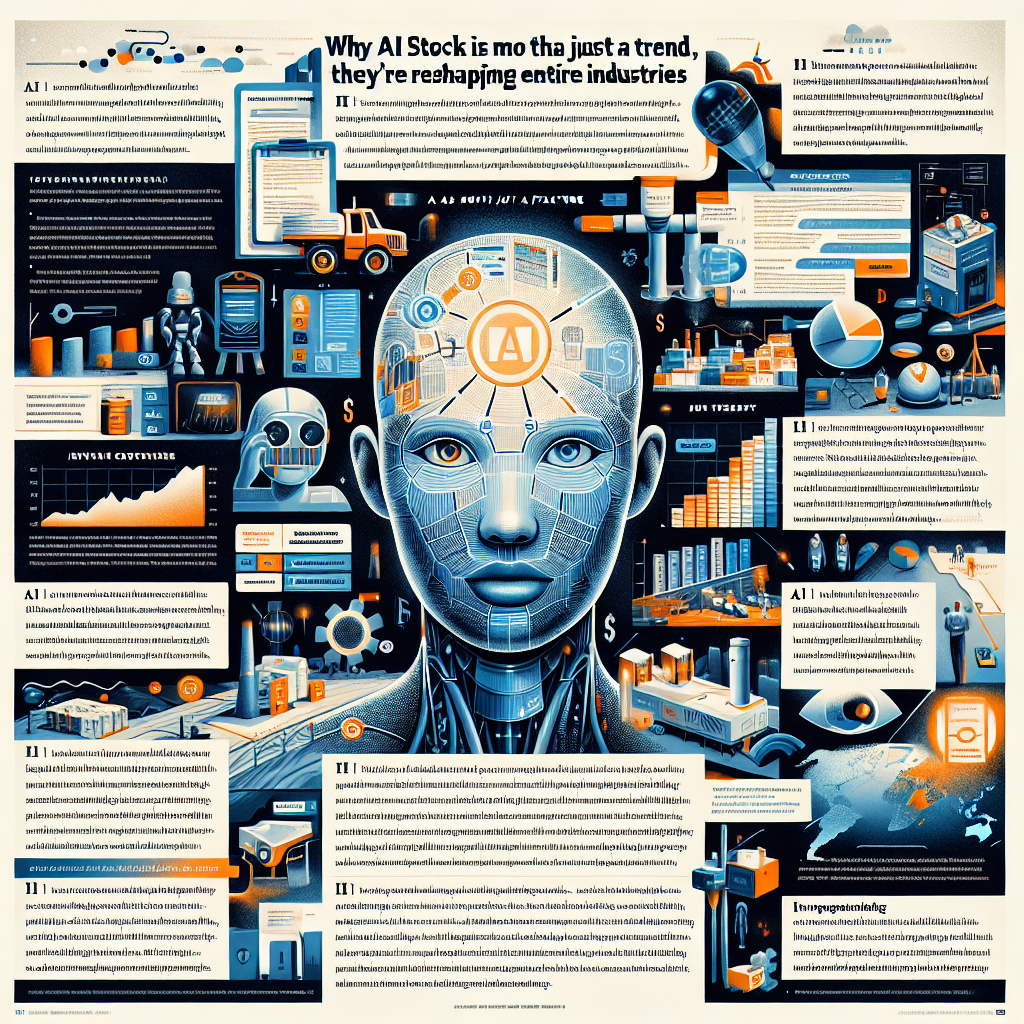In a world increasingly dominated by artificial intelligence and digital tools, the recent opinion piece by The New York Times brings to light a fascinating debate: the value of traditional dictionaries versus AI-driven spell-check tools. While technology offers convenience, it often makes arbitrary choices about language usage, potentially stifling creativity and independence. In contrast, physical dictionaries provide a more profound connection to language, encouraging a richer understanding and appreciation of words and their histories.
The Autonomy of Language
One of the key arguments in favor of traditional dictionaries is the autonomy they provide to writers. Unlike AI tools, which often suggest changes based on algorithms, dictionaries empower users to make informed decisions. This autonomy is crucial for fostering creativity. When a writer chooses a word, they delve into its meaning, its nuances, and its historical context, leading to a more authentic expression of ideas.
For example, consider the word “serendipity.” An AI tool might suggest synonyms like “chance” or “luck,” but a dictionary reveals its origin from the Persian fairy tale “The Three Princes of Serendip.” This deeper understanding enriches the writer’s vocabulary and enhances their ability to convey precise emotions and concepts.
Cultural and Intellectual Heritage
Traditional dictionaries are not just repositories of words; they are archives of cultural and intellectual heritage. Each entry in a dictionary tells a story of linguistic evolution, reflecting societal changes and cultural shifts. This historical aspect is something AI tools currently overlook.
For instance, the word “gay” has evolved significantly over the decades. A dictionary provides insights into its journey from meaning “joyful” to its modern association with sexual orientation. This knowledge fosters an appreciation for the dynamic nature of language and its role in shaping cultural identity.
The Broader Implications
The debate extends beyond mere language usage to broader implications of technology reliance. As we increasingly depend on AI for tasks traditionally reliant on human judgment, we risk losing touch with the creative and intellectual processes that define us.
By choosing traditional dictionaries over digital tools, writers engage in a more deliberate and thoughtful exploration of language. This practice not only enhances their writing skills but also preserves the rich tapestry of human expression that technology cannot replicate.
Conclusion
While AI and digital tools offer convenience, they often fall short in providing the depth and richness that traditional dictionaries offer. By embracing physical dictionaries, writers can maintain their independence, nurture their creativity, and connect with the cultural and intellectual heritage embedded in language. In doing so, they ensure that language remains a vibrant and evolving form of human expression, not just a series of algorithmic choices.
So, the next time you find yourself reaching for a spell-check tool, consider instead the humble dictionary. You might just discover a world of words waiting to inspire and transform your writing.
“`



